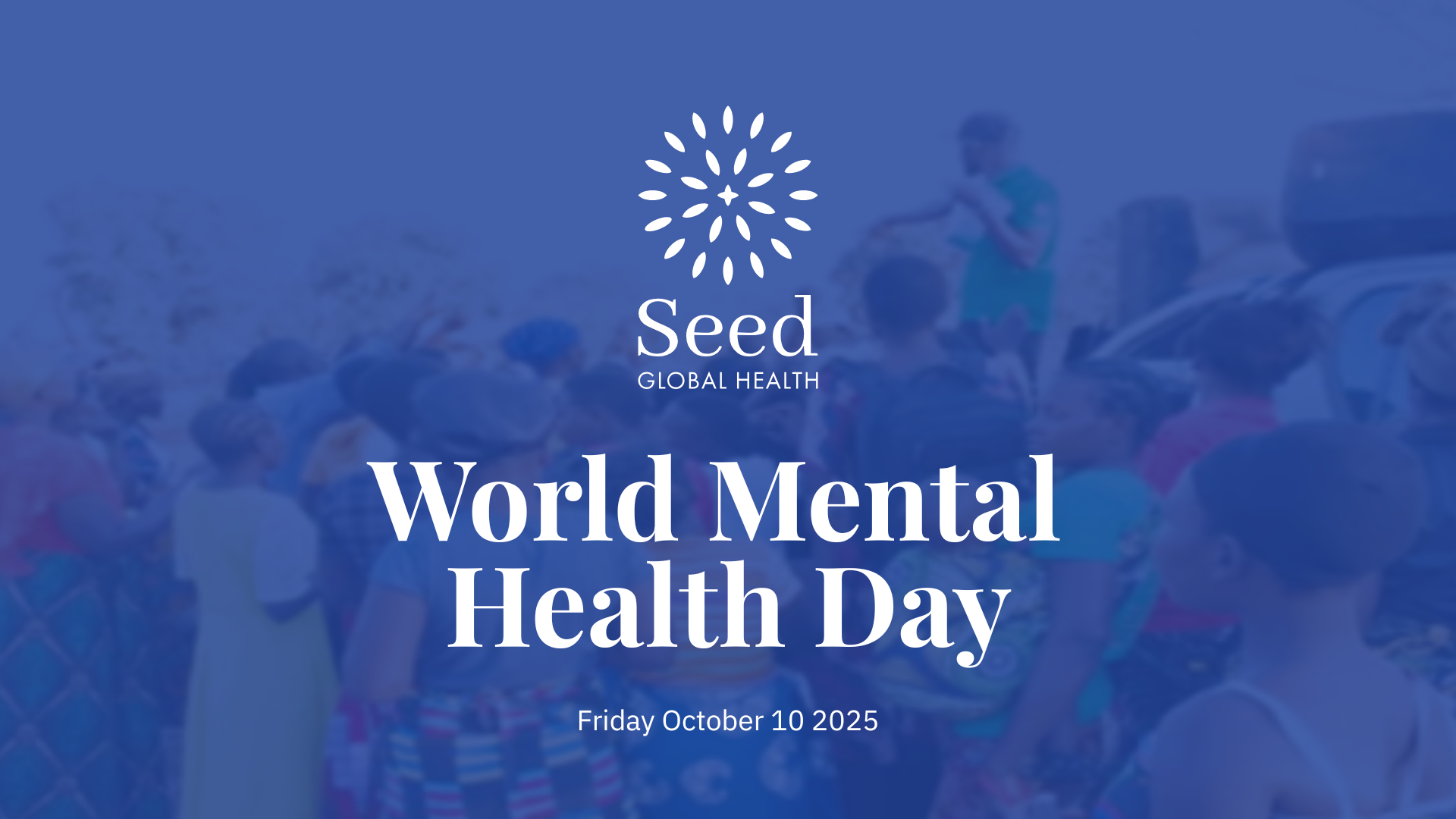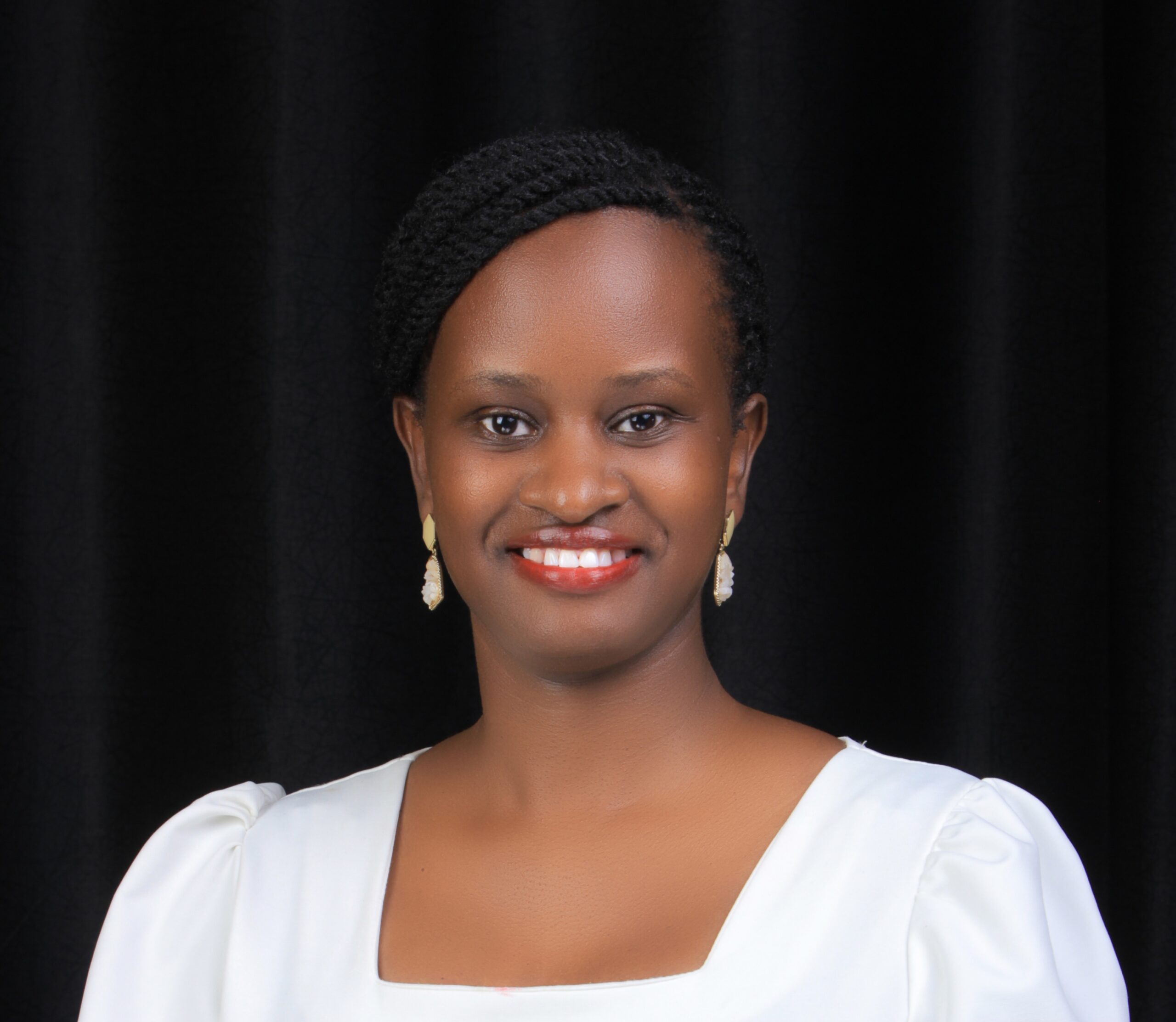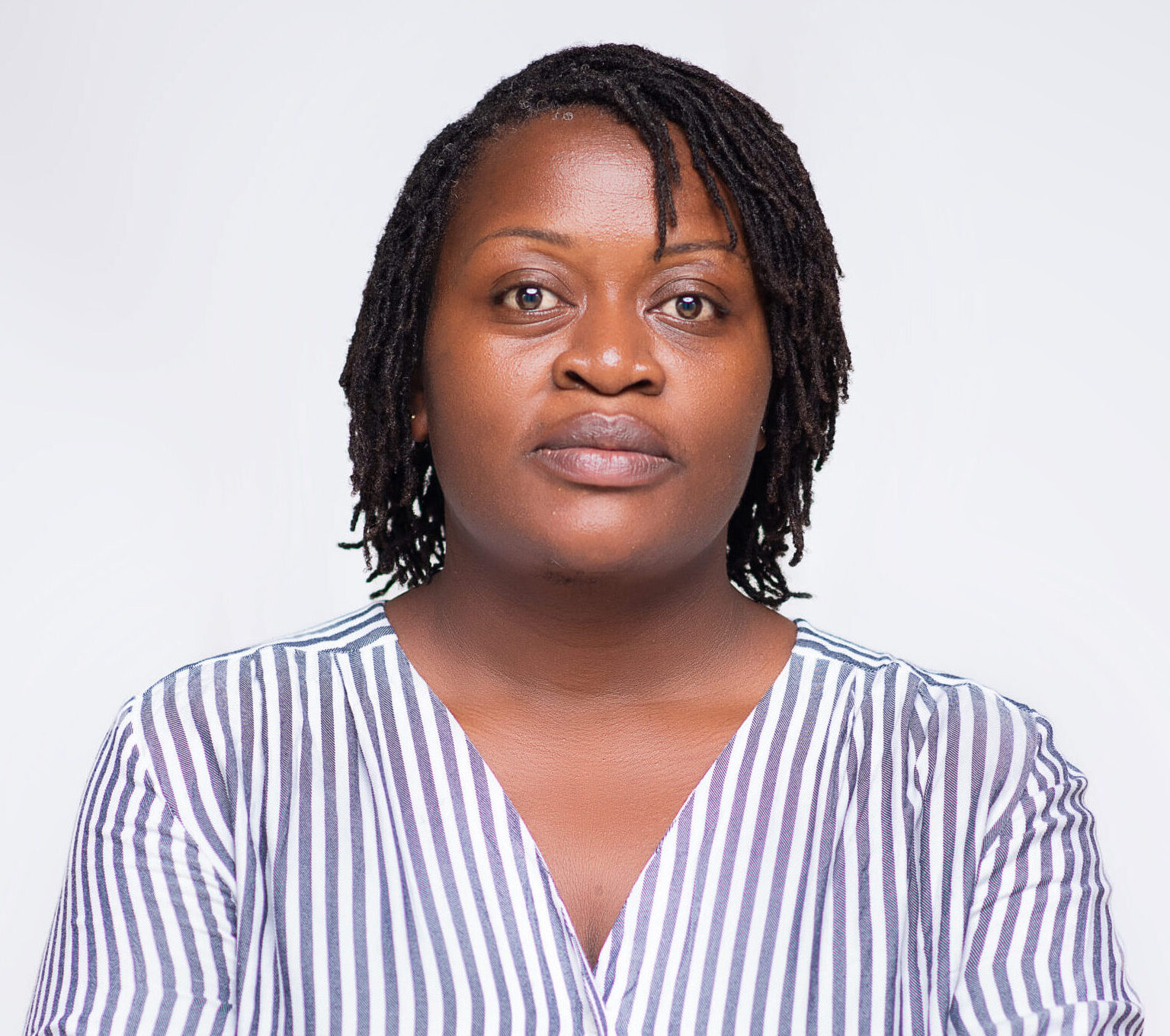
Architecting Change in Global Health: A Spotlight on our Malawi Country Director Anda Nyondo
We’re running a series to get to know our country directors—the people behind the leadership. They share their journeys, insights into their work, and a glimpse into their personal lives.
In the third interview of the series, we speak with Anda Nyondo, country director for Malawi, who once dreamed of becoming an architect, designing spaces that would shape lives. Today, she builds in a different way — strengthening health systems and laying foundations for the health workforce of tomorrow. She reflects on her journey into public health, the lessons that shaped her leadership, and the simple joys that keep her grounded.
What did you dream of becoming when you were younger and how does that dream show up in your life today?
It is crazy how my thoughts and dreams have evolved since I was younger. I always dreamt of becoming an architect — someone who designs buildings that shape the way people live and ensures every plan comes to life. In many ways, my current role isn’t so different. It involves visualizing and designing programs, ensuring they are implemented effectively, and adapting them along the way to meet real-world needs.
Who’s your role model and what’s one lesson they taught you that still sticks today?
I have a lot of strong people that I look up to. If I were to pick just one, then I would be pick my father. He is a very wise, structured, and disciplined person, and also very thoughtful and considerate at the same time. He has taught me the importance of being consistent, hardworking, and diplomatic.
How does your background in nursing and midwifery influence your work?
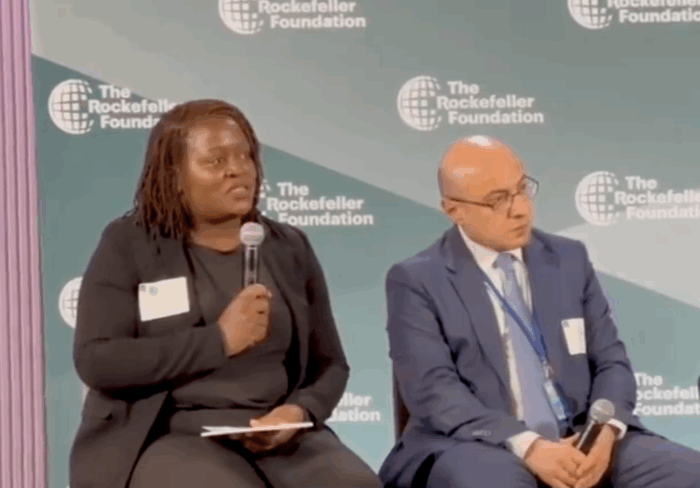
Nursing has a vast range of roles and responsibilities, including leadership, research, and direct patient care. I have been very fortunate that my work experience has taken me through all the roles and responsibilities mentioned above. However, my experience has exposed me to leadership more than every other arm of nursing. A combination of these roles has helped me to be calm in storms, empathetic, a strong advocate for those I work with, someone who supports the growth of team members, a strategist who can manage with minimal resources, and I am somewhat organized. It has also instilled in me discipline.
What’s the biggest lesson you have learned in this role and if you could pass along one piece of wisdom to future health leaders, what would it be?
The biggest lesson that I am still learning, is that, it’s easy to give positive feedback that makes colleagues feel good, but it’s equally important to offer constructive criticism—even when it’s uncomfortable. Honest feedback is essential for growth. What matters most is clarity in communication, because when we’re not clear, those who don’t seek clarification may make assumptions about what you mean and that can lead to misunderstandings or missed opportunities for improvement.
It’s also important to learn how to receive not-so-positive feedback as a leader. Embracing feedback—especially the difficult kind—is key to identifying your own areas for growth and becoming a more effective, self-aware leader.
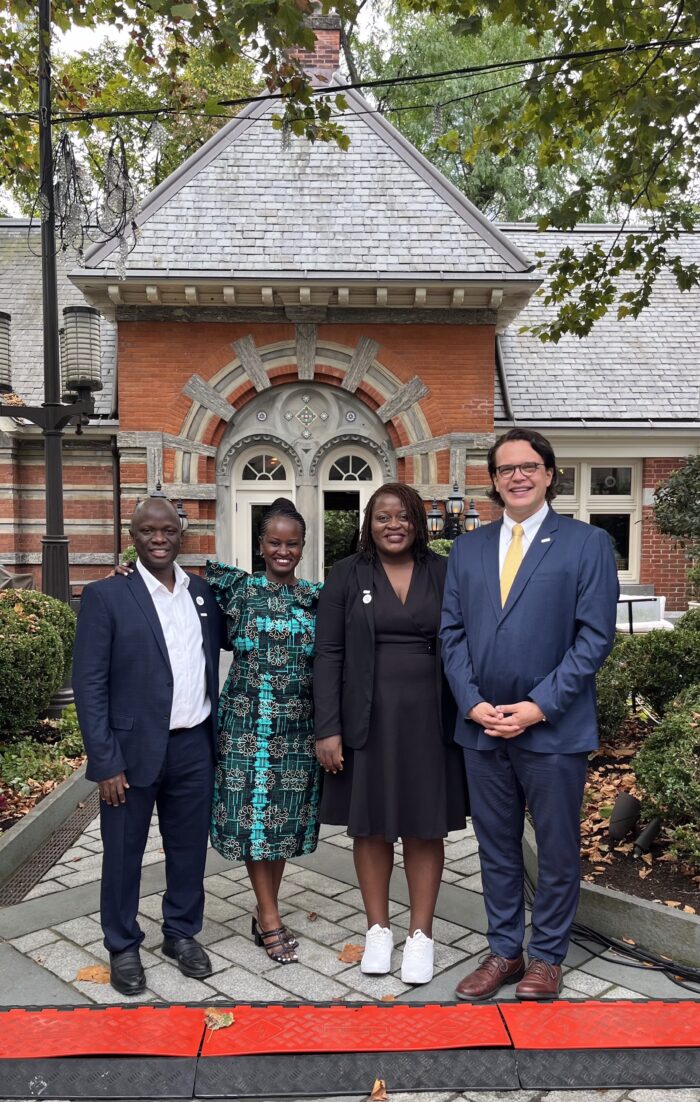
What’s your hope for Seed’s work in your country over the next five to ten years?
My hope for Seed in the next five to ten years is that it becomes a well-positioned and influential organization in health professional training, practice, and policy advocacy. I envision Seed advancing universal health coverage by supporting the training and scaling of priority health cadres across Malawi, while expanding into new specialties to meet evolving health system needs.
Through our innovation in primary health care, reproductive, maternal, newborn, and child health (RMNCH), and mental health, Seed should be able to pilot and evaluate diverse models of care that generate evidence to inform national policy and strengthen service delivery.
I also see Seed deepening and diversifying its partnerships—collaborating with government bodies, academic institutions, NGOs, and international partners to amplify impact. As climate change increasingly affects health outcomes, I hope Seed will emerge as a thought leader in the climate-health nexus, contributing to the development of sustainable, climate-resilient health systems.
What’s a favorite food that brings back memories and who do you think of when you eat it?
Hahaha! This is a tough one. I am a rice person, so I enjoy anything that is rice related. Good quality rice and not the parboiled type. Rice takes me back to my mother’s house and us trying to learn how to cook rice in a pot, and all the hits or misses and interesting conversations between my mum and dad.
How do you like to spend your downtime outside of work?
I haven’t had any real downtime in a long time, with me juggling work, parenting, and school at the same time. However, I like a combination of silent time and long walks. At times, a great conversation with people that are authentic and open to talk about everything and nothing.
When you think about your journey, what’s a moment that shaped the person you are today?
It’s difficult to pinpoint a single moment that shaped me—I’ve adapted and grown through many experiences, both good and challenging. I am a combination of the lessons life has taught me. I’m the product of parents who worked hard to ensure I had more and better than they did, and that’s why I’m passionate about helping others achieve more in their lives and careers. As the youngest in my family, I absorbed wisdom and character from my older siblings, yet I’ve always stood out as the most talkative and opinionated—while still knowing my place. My journey into nursing wasn’t self-initiated; my dad had to convince me. But now, I can’t imagine my life without it. Nursing isn’t just what I do—it’s who I am.
I’ve also been shaped by the friendships and professional relationships I’ve built over time. Friends and colleagues have challenged me, supported me, and helped me grow into the person I am today.
This is not me running away from telling a vulnerable story—it’s me embracing the complexity of my journey, and honoring every experience that has contributed to who I’ve become.
How do you see local ownership and sustainability playing a role in navigating this global climate?
One of the most important lessons I learned early in my career is that those closest to the problem are best placed to solve it. As much as technical expertise and global knowledge are important, respecting local ownership and context results in better impact. I’m deeply honored to work in an organization that embraces this principle—one that partners with governments, institutions, and communities in a way that fosters trust and sustainability. By supporting locally driven priorities rather than imposing external agendas, we help ensure that the work continues long after the partnership ends.
What’s one motto or phrase that guides your leadership style?
“Hold the door for others,” which simply means to be mindful of others in our journeys, to make it easier for others to succeed, especially those who come after you.
